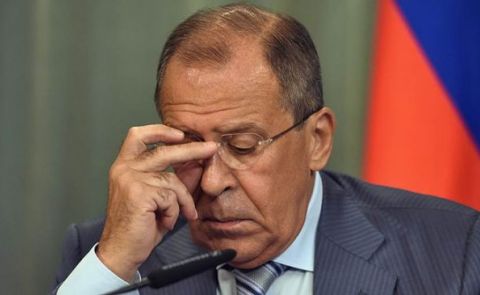
Political turmoil in Armenia: Sarkissian refuses to appoint Davtyan as Chief of the armed forces

On 11 March, Armenia’s President Armen Sarkissian refused to sign a decree on the appointment of Artak Davtyan as chief of the general staff of the armed forces, despite Prime Minister Nikol Pashinyan's petition (Caucasus Watch reported).
Sarkissian’s press service stressed that the president returned the motion back to Pashinyan with objections and that Lieutenant General Stepan Galstyan would be the acting head of the general staff “to ensure the regular activity of the structure due to the temporary vacancy of the post of the head of the general staff.”
Armenia’s government responded to Sarkissian’s objections, saying that it does not accept them and that the motion would be sent back to the president. According to the Armenian Constitution, if the competent body does not accept the objection, the president signs the relevant act, or petitions to the Constitutional Court. If the president does not carry out any of the aforementioned, said act enters into force by virtue of law.
While speaking on Pashinyan and his government, the prime minister met on 10 March with the Armenian military’s top brass just hours after sacking Onik Gasparyan from his post. He made no explicit mention of the demands he rejected as a coup attempt and indicated that he has no plans to fire other top military commanders. “I believe that together we will manage to overcome this crisis and our state and armed forces will emerge stronger from this crisis. I want to ask everyone present here to continue their military service as generals, officers of the armed forces and as pillars of the structure serving as the guarantor of Armenia’s security and territorial integrity. I [have] trust in you and believe that you have served the country in good faith. I want to repeat that your services are worthy of highest marks and that this evaluation cannot vanish under any circumstances,” he stated. Pashinyan also promised to have a more detailed conversation with the generals after Sarkissian approves the appointment of Davtyan.
Another important development from 10 March was that hours before applying to the Constitutional Court on Gasparyan’s case, Sarkissian invited Pashinyan, the leaders of parliamentary factions and the opposition Homeland Salvation Movement to join efforts and find a way out of the current crisis. “There are many problems, their solution requires urgent systemic changes, including constitutional and legislative ones. Both the government and parliamentary and extra-parliamentary political forces have repeatedly expressed their position. However, there is no mutual understanding and desire to meet with each other. Moreover, calls for intolerance have become more frequent,” he stated.
So far only the ruling My Step faction and Bright Armenia parliamentary opposition party accepted Sarkissian’s invitation so far was the leader of the Bright Armenia party (LHK) Edmon Marukyan, while the representatives of the other political forces in the country refused to comment on the invitation. ”We [Bright Armenia] are ready for any discussion without preconditions in order to get the country out of this situation,” Marukyan said. The secretary of the opposition Prosperous Armenia faction in parliament, Arman Abovyan, stated that the matter had not been discussed in their faction yet.
The representatives of the Homeland Salvation Movement said that they would be ready for political consultations, but only under their terms and conditions, which include the conduct consultations in Armenia’s National Assembly with live broadcast. “In response to the initiative of the president of Armenia the council stresses that the country is on the threshold of national disaster, the crisis is deepening and the reasons and responsible are known,” stated the member of the movement Ishkhan Saghatelyan, adding that the movement reaffirms its roadmap of overcoming the political crisis in the country, which includes Pashinynan’s resignation, the formation of temporary government and the holding of snap parliamentary elections.
See Also

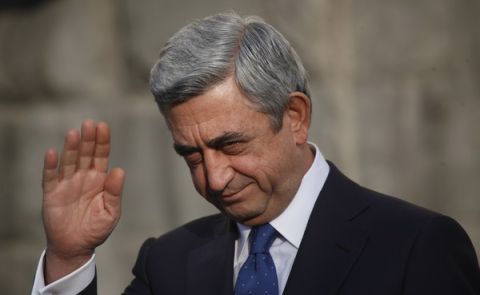
Serzh Sargsyan Rejects Charges, Backs Impeachment, and Warns of Secret Deals
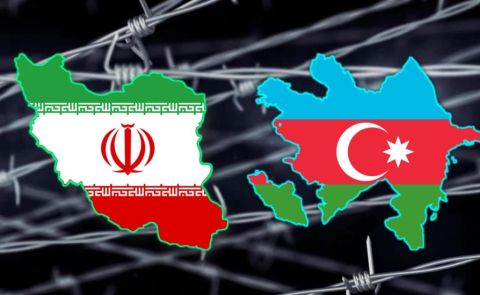
Azerbaijan Confirms Execution of Terrorist Behind Embassy Attack in Iran
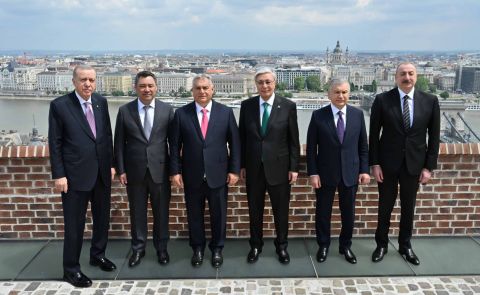
Turkic Leaders Adopt Budapest Declaration, Emphasizing Peace, Trade, and Digital Connectivity
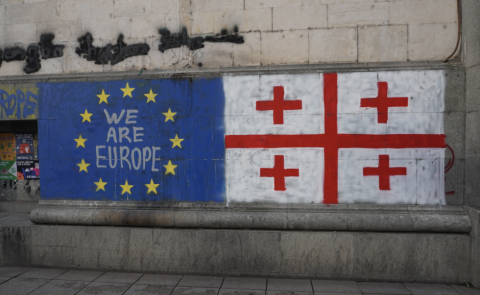
International Officials Criticize Georgian Dream Amid Democratic Concerns

